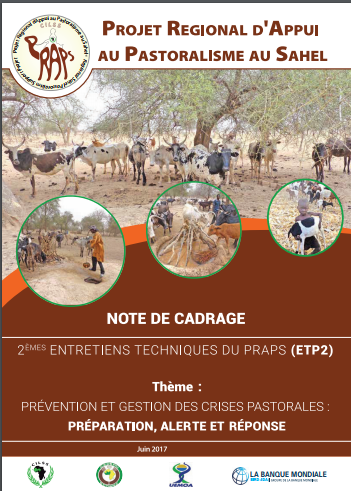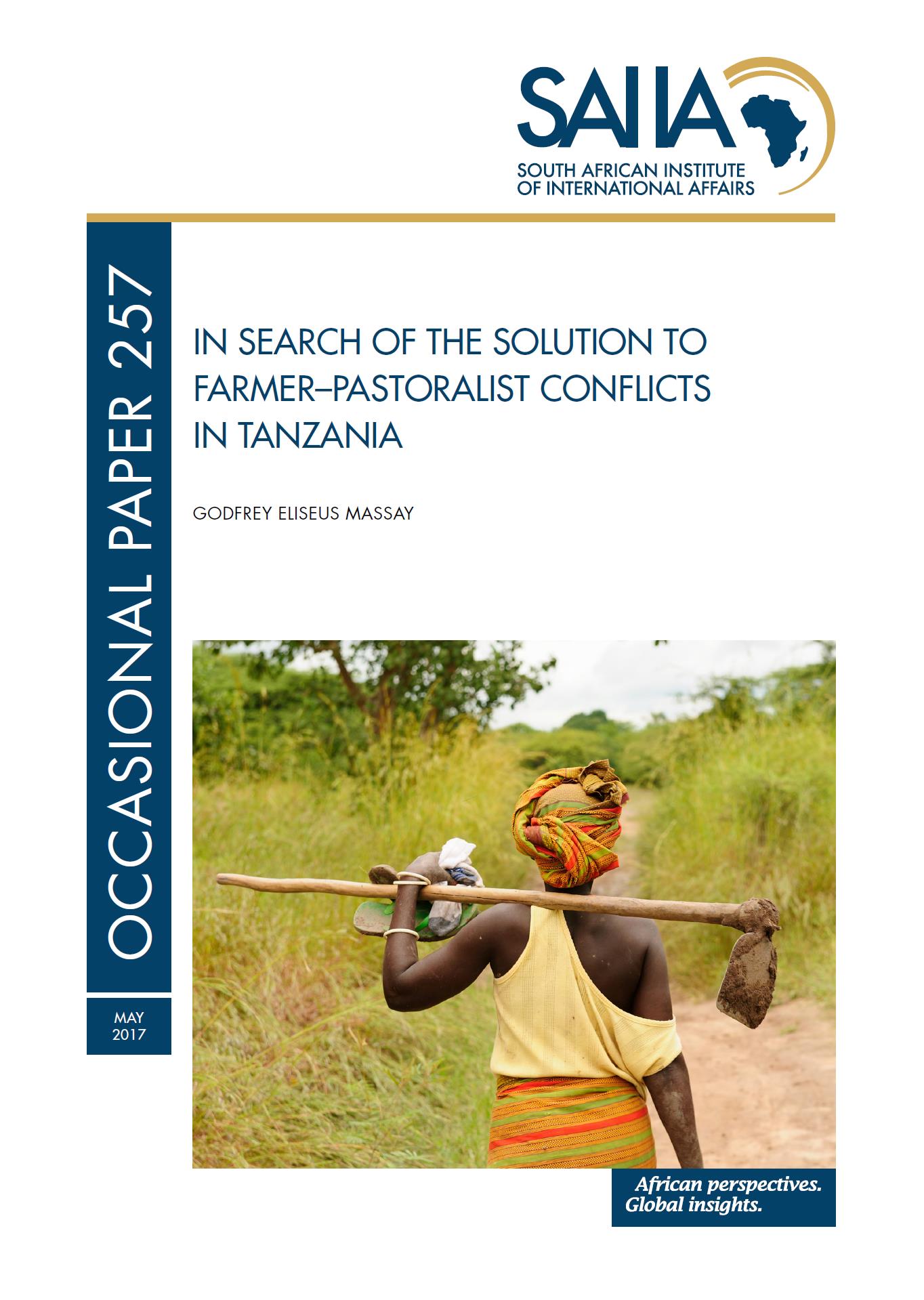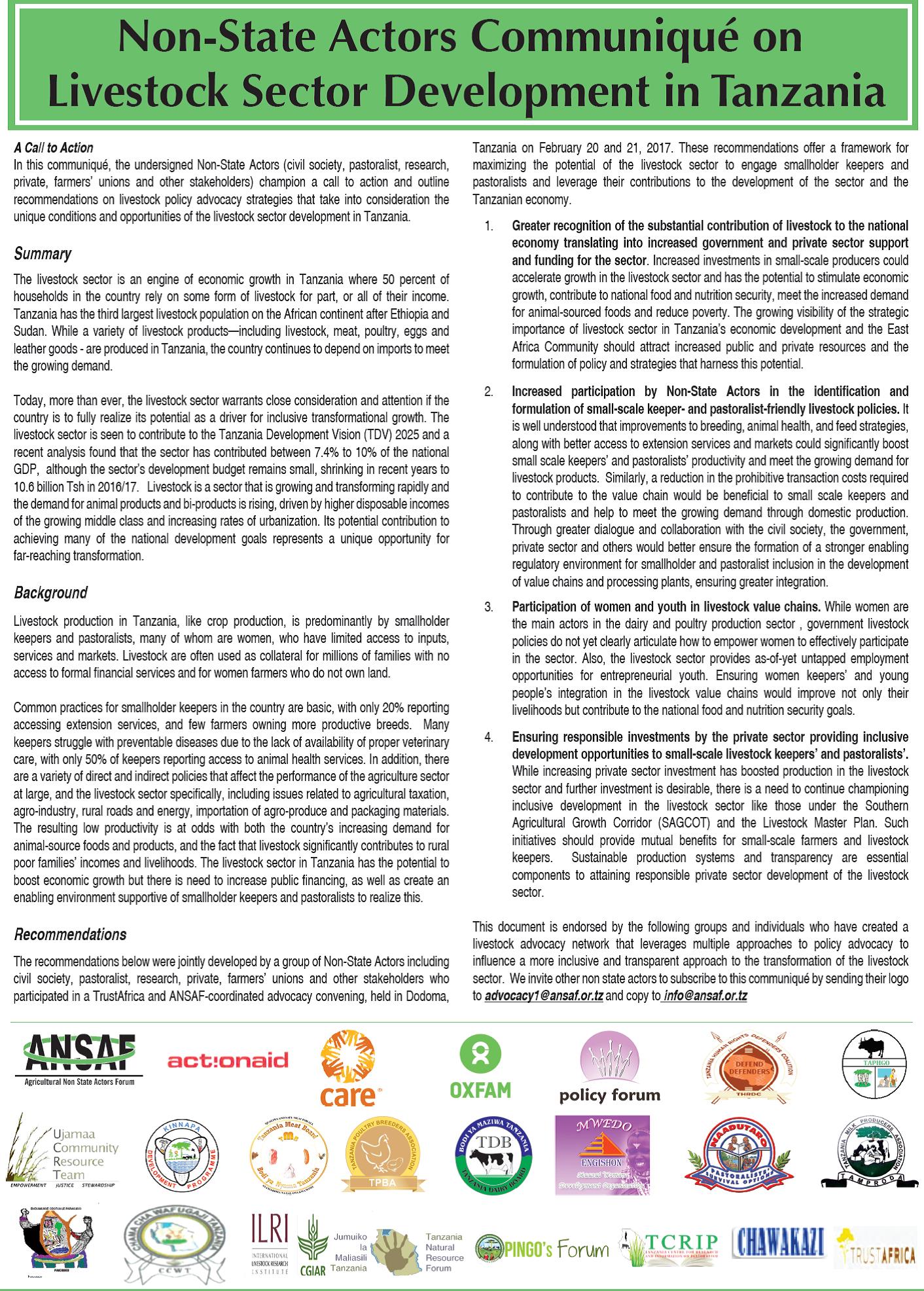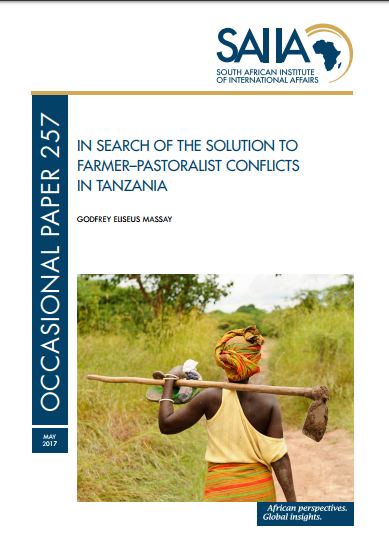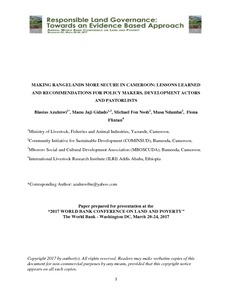Poor livestock keepers: ecosystem–poverty–health interactions
Humans have never been healthier, wealthier or more numerous. Yet, present success may be at the cost of future prosperity and in some places, especially in sub-Saharan Africa, poverty persists. Livestock keepers, especially pastoralists, are over-represented among the poor. Poverty has been mainly attributed to a lack of access, whether to goods, education or enabling institutions. More recent insights suggest ecosystems may influence poverty and the self-reinforcing mechanisms that constitute poverty traps in more subtle ways.


